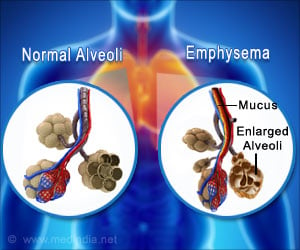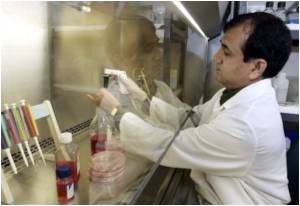The antibody response to natural infection with adeno-associated virus (AAV) in chimpanzees has been characterized by a new study.

‘The antibody response to natural infection with adeno-associated virus (AAV) in chimpanzees has been characterized by a new study.’





Coauthors Roberto Calcedo and James M. Wilson, University of Pennsylvania Perelman School of Medicine, Philadelphia, monitored a group of chimpanzees - chosen because of their genetic similarity to humans - for 10 years and measured the levels of circulating antibodies in response to infection with naturally occurring AAV. The authors discuss the difference observed in the immune response to natural AAV infection compared to administration of AAV vectors used to deliver gene therapy in the article entitled "AAV Natural Infection Induces Broad Cross-Neutralizing Antibody Responses to Multiple AAV Serotypes in Chimpanzees".
Human Gene Therapy Clinical Development Editor James M. Wilson, Director of the Gene Therapy Program, Department of Pathology and Laboratory Medicine, University of Pennsylvania Perelman School of Medicine, Philadelphia, PA, said, "The study of chimps provided us a window into the type of antibody response that occurs following a natural AAV infection."
Source-Eurekalert












